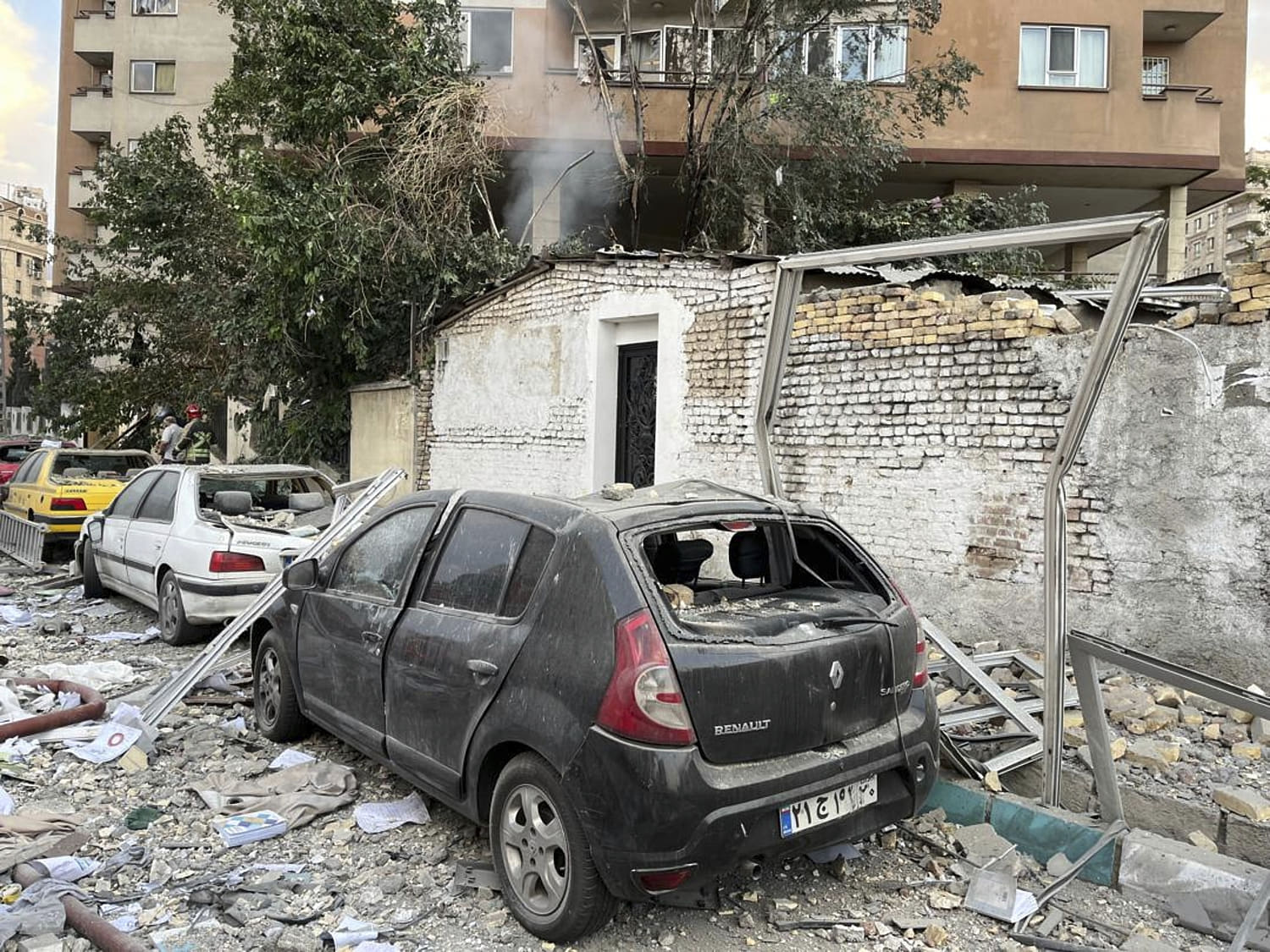
Israel was able to carry out extensive air raids inside Iran on Thursday even though it had virtually no element of surprise in its favor, driving home Israel’s vast military superiority over its adversary and Tehran’s security vulnerabilities.
Last year, Israel appeared to calibrate its military responses to Iran, seeking to show resolve and send a warning to Tehran without dramatically escalating the conflict. This time, Israel appears to have taken the gloves off, analysts said.
The Israeli government said dozens of fighter jets had taken part in the first stage of a wider operation that targeted Iran’s main uranium enrichment facility, ballistic missile sites and senior military officers. Israel’s Mossad intelligence service also carried out sabotage operations against air defense systems and missile batteries, Axios reported.
Iranian state media reported that senior military leaders and nuclear scientists were killed in Thursday’s operation, including the commander of Iran’s Revolutionary Guard Corps, Hossein Salami.
Even before Thursday’s air strikes, Israel had demonstrated its ability to operate with near impunity in Iran over the past year, targeting senior figures for assassination and bombing important air defense systems in the Islamic Republic without losing aircraft.
Israeli strikes in October and April in 2024 hit key S-300 air defense networks in Iran and equipment used to make solid fuel for ballistic missiles.
Iran had suffered serious damage to its air defenses in previous air strikes, and shoring up those systems was not something that could be accomplished quickly, according to Michael Knights of the Washington Institute for Near East Policy.
“It’s a big country with masses of targets to protect against a very advanced opponent,” Knights said. “They just don’t have good enough air defenses to keep the Israelis out, obviously.”
Although Israel most likely could inflict serious damage on Iran’s nuclear program, it lacks the heavy bombs and aircraft required to strike effectively at Iran’s buried nuclear sites, military experts and former U.S. and Israeli officials say.
After Thursday’s strikes, Iran will most likely seek to shift all of its nuclear-related equipment underground, experts said.
Iran has struggled to effectively counterattack against Israel since the two countries came into direct conflict last year.
After seven officers in the Revolutionary Guards were killed in a suspected Israeli attack in Damascus last April, Iran launched more than 300 missiles and drones at Israel. But most of the projectiles were shot down by Israel, the United States and other countries in the region.
After leaders of the Iranian-backed Hezbollah militia in Lebanon were killed in an Israeli operation last year, Iran launched more than 180 ballistic missiles at Israel, causing only minimal damage.
